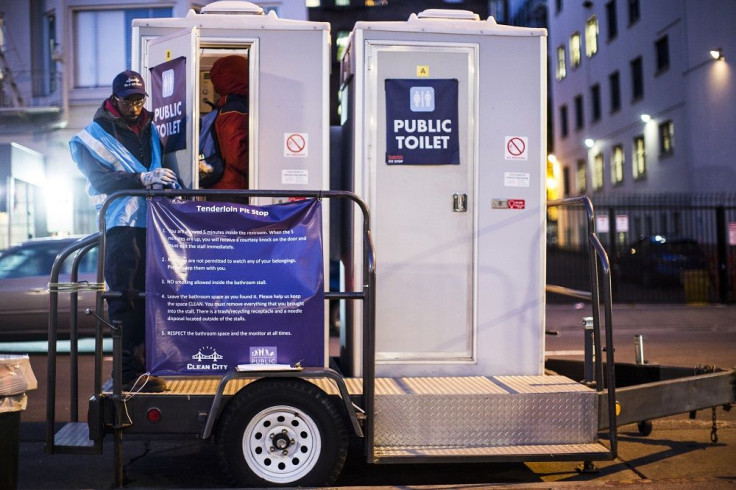Massachusetts clinical trial uses freeze-dried poop of lean donors given to obese patients as pills

Many people with weight problems are willing to do anything to remove unwanted pounds. Some attempt to burn the excess weight at the gym, others prefer to undergo medical procedures such as liposuction.
A clinical trial being conducted by scientists at the Massachusetts General Hospital has a different approach to weight control with involves popping pills. But before falling in line at pharmacies once the trial becomes successful and is marketed, weight watchers should know what’s inside those pills for obesity treatment.
It is freeze-dried faeces of lean donors. Elaine Yu, assistant professor and clinical researcher, leads the excrement experiment that begins in late January. It seeks to test if replacing a person’s intestinal microbes from a donor’s poop could provide a solution to health problems such as insulin sensitivity and obesity.
But Yu assures the participants, who would get poop pills for six weeks, “The pills are odorless, tasteless and double-encapsulated to ensure they will not release until they reach the right location in the large intestine,” quotes New York Daily News. She adds participants would not be able to differentiate between the poop pills and placebo because of the tight manufacturing and regulation made by the US Food and Drug Administration that approved the clinical trial.
After three, six and 12 months, the weight and health of the participants would be monitored. During the clinical trial, they are required to maintain their regular eating and health habits.
The trial is anchored on researchers’ belief in the role that microbes perform in the regulation of human metabolism and a 2013 trial on mice given gut microbes from obese and lean humans. The rodents that received faeces from lean humans became slim.
Ar Technica cites another study that involves a woman who was given fecal transplant from her daughter as cure for her recurring intestinal infection due to the Clostridium difficile bacteria. The woman recovered from the infection but gained weight because the daughter was overweight. The case raised the possibility that the daughter’s bacteria has something to do with her mum’s weight gain under the experimental fecal transplant therapy.





















